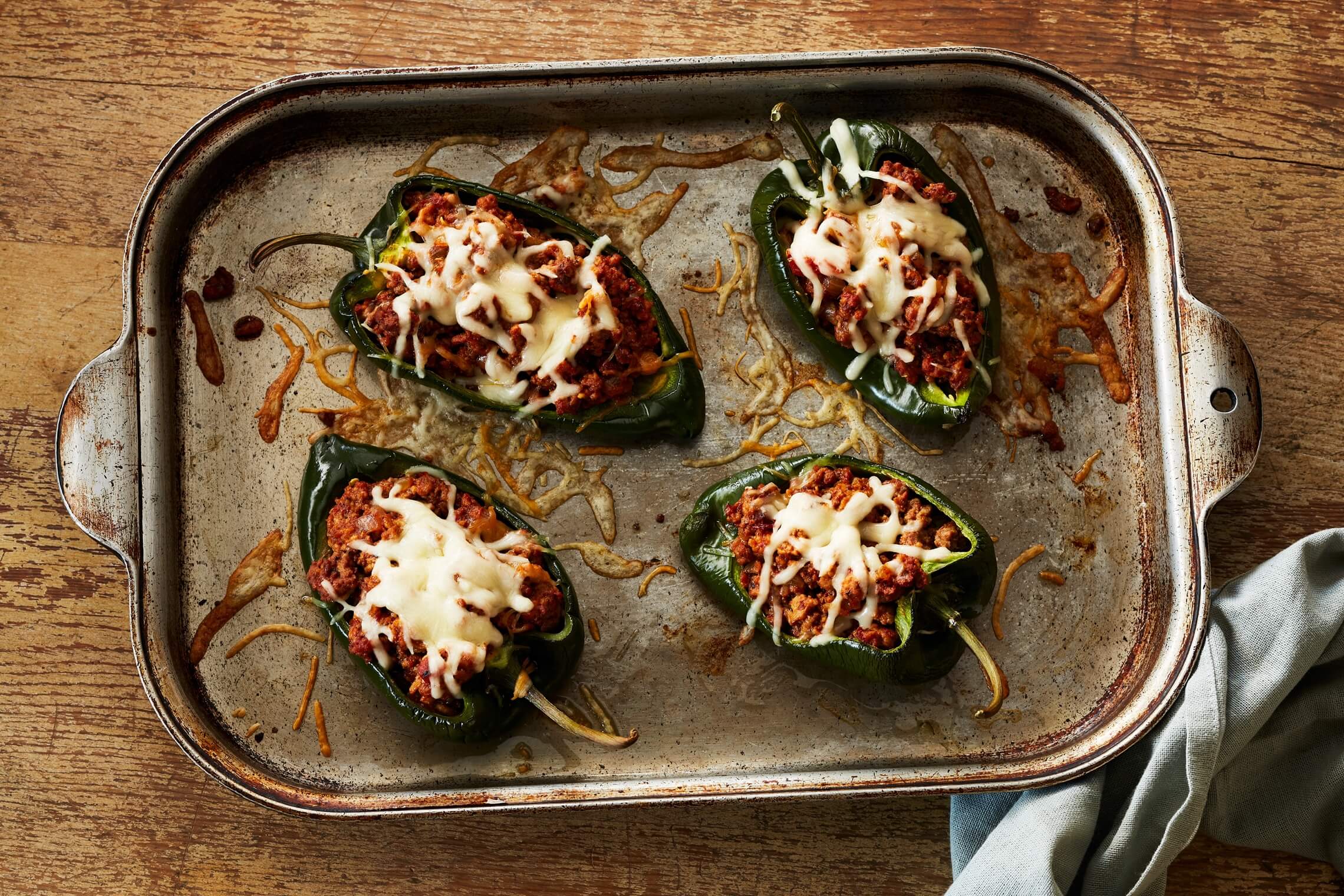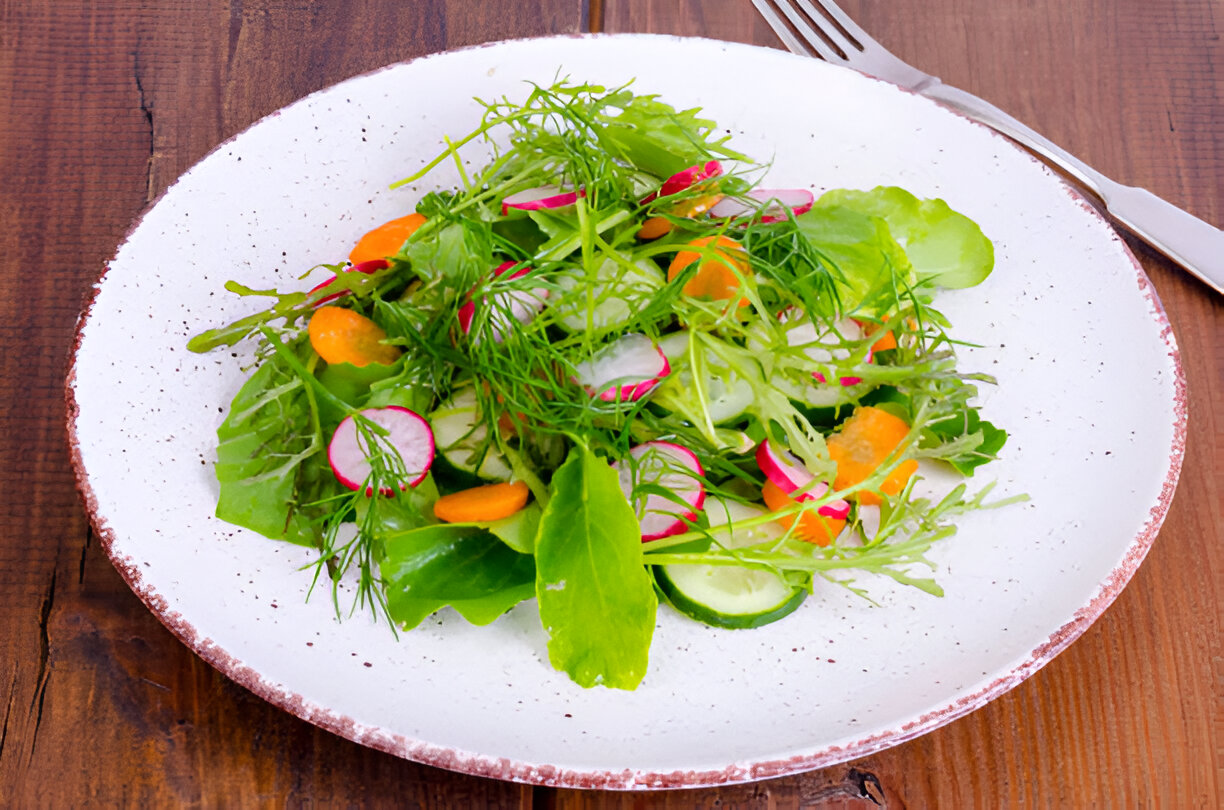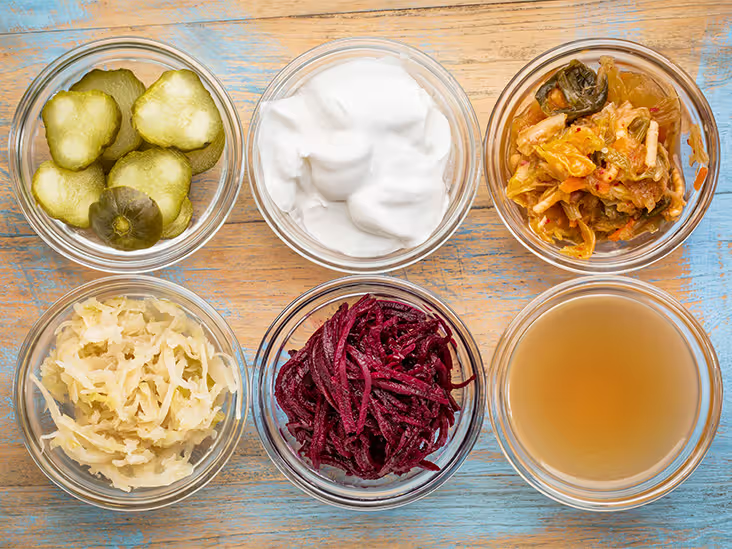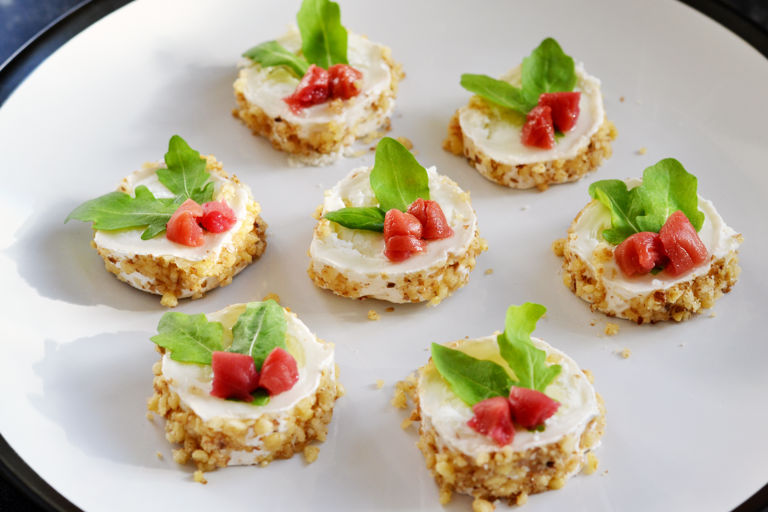
Resolutions Aren't Just for January
In fact, some — like resolving to be a truly eco-conscious eater — are best undertaken during the summer, when fresh food is everywhere. There are a ton of little things you can do that have a huge impact: turning on the oven less often, making delicious use of every last part of a pasture-raised chicken, stocking up on seasonal berries for winter. And, of course, there's the power you wield with your grocery cart.
“If 40 percent of American households bought only organic milk, it would change dairy production,” says Michel Nischan, co-owner of the Dressing Room restaurant in Westport, Connecticut, and author of “Sustainably Delicious.” “You really can be a hero one product at a time.”
What follows are fresh ways to shop, cook, and eat heroically, now and all year round.
1. Use the Whole Vegetable
The stems of cauliflower or broccoli, the inner leaves of celery, the fronds of fennel, the greens of beets, even the stems of herbs: all edible, all tasty.
2. Get to the Root
Forgo bagged and boxed salad greens for loose bunches, and look for anything with the roots attached. You'll use zero packaging, and you can compost — or maybe even eat — the stems.
3-7. Be a Farmers' Market Regular
Your purchases will directly support local agriculture. There are now more than 5,200 farmers' markets in the country (find one near you at localharvest.org), and the numbers will continue to grow if we make them our personal Stop & Shops.
Get staples. Instead of only a handful of tomatoes, pick up onions, potatoes, and herbs.
Buy heirloom. It's not just a boutique marketing term. It describes vegetables, fruits, grains, and beans from seeds that have been passed down for generations, grown in small crops that may restore the health of the soil.
Stock up. Buy in bulk when produce is in season. Freeze it, pickle it , or preserve it, so you can still eat local when you have off-season cravings.
Get advice. Ask the farmers for recipe suggestions.
Challenge yourself. Try to use only what's at the market for a week's worth of meals.
8. Buy Organic
“Local is always the priority, but the organic label really does mean something,” says chef and author Alice Waters. “If you can't buy local, buy organic — coffees, teas, jams, olive oils, honey, nuts, raisins, oatmeal, beans, grains. There's so much available across the country now.”






















